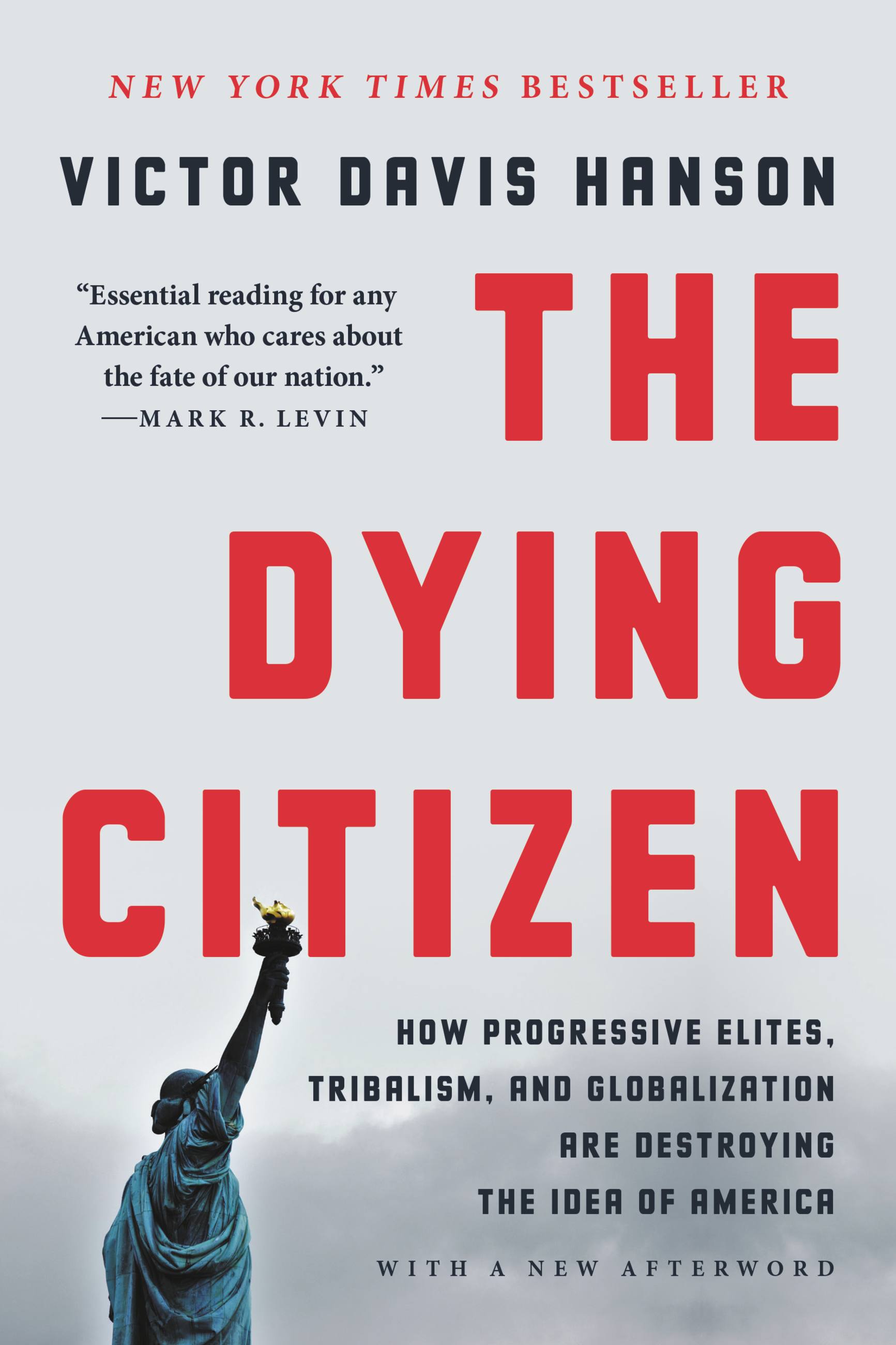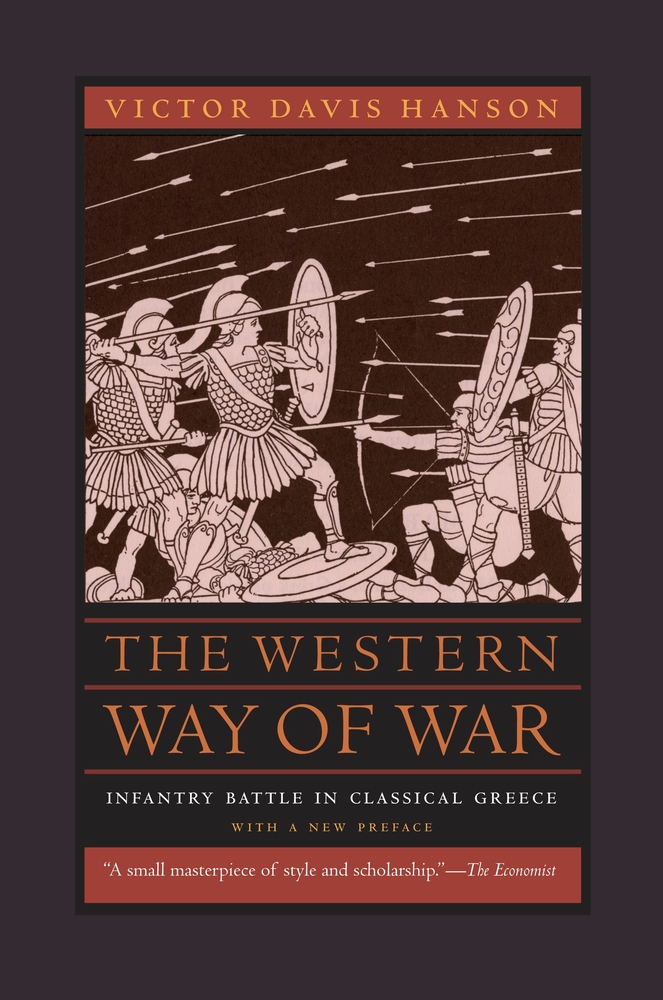Victor Davis Hanson: Books, Order, And More!
Is it possible to understand the trajectory of Western military dominance? Victor Davis Hanson argues that it is, linking the successes of Western civilization's military endeavors to fundamental aspects of its culture, a narrative that begins with the ancient Greeks and continues through to modern times.
Hanson, a distinguished scholar in military history and classics, has spent his career meticulously examining the interplay between culture, warfare, and societal outcomes. His work, spanning numerous books and articles, delves into the complexities of conflict, offering insights into the enduring patterns that shape human history. His analysis extends beyond the mere recounting of battles; he seeks to uncover the underlying principles that have driven military success and shaped the course of civilizations. His perspective is often described as contrarian, offering a compelling interpretation of events that prompts critical thought.
| Category | Details |
|---|---|
| Full Name | Victor Davis Hanson |
| Born | September 19, 1953 (age 70 years), Selma, California, United States |
| Education | California State University, Fresno (BA, 1975), University of California, Santa Cruz (PhD, 1980) |
| Fields | Classics, Military History, Political Commentary |
| Known For | Scholarship on Ancient Greece, Military History, and Political Commentary |
| Notable Works |
|
| Positions |
|
| Website Reference | Hoover Institution Profile |
Hanson's exploration of military history is not limited to the ancient world; he has also turned his keen eye towards contemporary conflicts. He has examined the intricacies of the ongoing War on Terrorism, analyzing its diverse fronts, from America to Iraq and beyond. Drawing on a deep understanding of 3,000 years of military history, Hanson posits that the core elements of conflict, though manifested with modern brutality, haven't fundamentally changed. The origins and geography of wars, along with their eventual outcomes, often echo patterns established centuries ago.
One of Hanson's most celebrated works, "Carnage and Culture" (2001), offers a comprehensive overview of how Western societies have achieved military dominance. Originally published in Great Britain and the Commonwealth countries as "Why the West Has Won," the book examines the role of societal structure, focusing on ideas such as consensual governance. He posits that specific cultural aspects, beginning with the ancient Greeks, have been pivotal in shaping the West's military triumphs. Hanson's work consistently underscores the connection between a society's values and its military prowess.
Hanson's insights extend to the Peloponnesian War, a pivotal conflict in ancient Greece. In his detailed examination of this struggle, he offers a unique perspective into the strategies, motivations, and ultimate consequences of the war. His writings illuminate the lasting impact of the war on Athenian and Spartan societies, adding a unique depth of understanding for those interested in ancient warfare. "A War Like No Other: How the Athenians and Spartans Fought the Peloponnesian War" stands as a testament to Hanson's capacity to translate complex historical details into accessible, engaging narratives.
In his book, "The End of Everything: How Wars Descend into Annihilation," Hanson explores the brutal realities of conflict throughout history. He narrates a series of sieges and sackings, spanning from antiquity to the conquest of the New World, to illustrate how societies can descend into barbarism and eventual destruction. He vividly recounts the stories of cities like Thebes, Carthage, Constantinople, and Tenochtitlan, bringing to life the drama, violence, and inherent folly of war. In the end, Hanson's work acts as a clear warning, underscoring the catastrophic potential of human conflict.
Hanson's bibliography is extensive, with a multitude of books and publications exploring a range of historical and contemporary subjects. From his analysis of military history, spanning from ancient Greece to modern conflicts, to his insights on American politics and the current state of society, his writings offer valuable perspective. He is also recognized for being a nationally syndicated columnist, with his works appearing in various publications, where he offers a sharp critique on current events, all of which demonstrates his comprehensive approach to understanding war.
Looking at Hanson's contribution, his work isn't merely academic; it prompts a deeper understanding of complex contemporary issues. His detailed examination of the concept of citizenship, as presented in "The Dying Citizen," reveals how the dilution of this essential concept has amplified many modern problems. Hanson argues that a clear understanding of citizenship is required to address pressing issues such as identity politics and government overreach. Through his analysis, he suggests a way forward that recognizes the enduring significance of civic values and the essential elements of community.
Throughout his writings, Hanson's core interest centers on the interaction between culture and conflict. His ability to connect historical events with present-day scenarios offers a unique perspective on critical topics. He consistently calls for a careful study of the past to understand current challenges, emphasizing that true progress stems from a thorough examination of history. By exploring these essential aspects, Hanson continues to provide readers with important insights into the complexities of warfare, society, and the enduring patterns of human behavior.
His work continues to be relevant today, particularly given global tensions and an evolving geopolitical landscape. Hanson's emphasis on the significance of cultural elements and the enduring nature of conflict gives readers the tools to analyze current events with a critical eye. His ability to make complex historical narratives understandable and thought-provoking has made him one of the most influential figures in the fields of military history, classics, and political commentary. His diverse body of work encourages a deep, informed understanding of the past, present, and future.
Hanson's contributions to the field are widely recognized. He holds the position of Martin and Illie Anderson Senior Fellow in Residence in Classics and Military History at the Hoover Institution, Stanford University, a testament to his stature as a leading scholar. The fact that he's a professor emeritus of classics at California State University, Fresno, further highlights his commitment to education and the dissemination of knowledge.
Hanson's writings include a wide selection of genres. His ability to blend his broad knowledge with a clear writing style has helped him to reach a broad audience. His books and articles continue to shape the way we think about war, culture, and society. His deep understanding of historical events, from the rise of the ancient Greeks to the current day, highlights the enduring importance of his work.
In summary, Victor Davis Hanson offers a comprehensive perspective on the interplay between culture, military strategy, and societal outcomes. His work is insightful, thought-provoking, and essential for those seeking a better understanding of the enduring patterns of human conflict and the shaping forces of history. His analysis, supported by a wide range of historical and contemporary sources, offers crucial insights for anyone interested in military history, classics, and political commentary. His legacy as a distinguished scholar is secured through his valuable contributions to the field.


